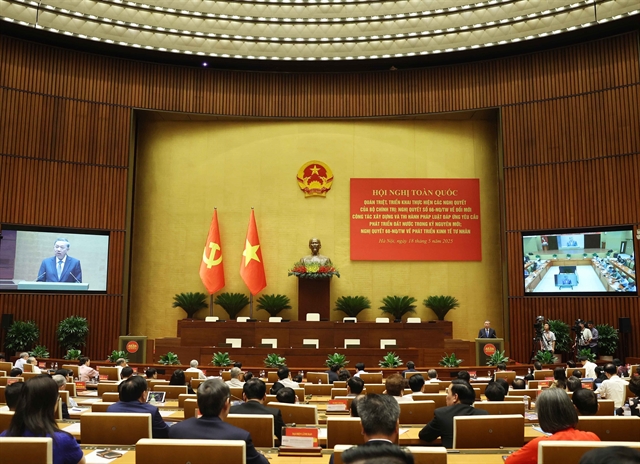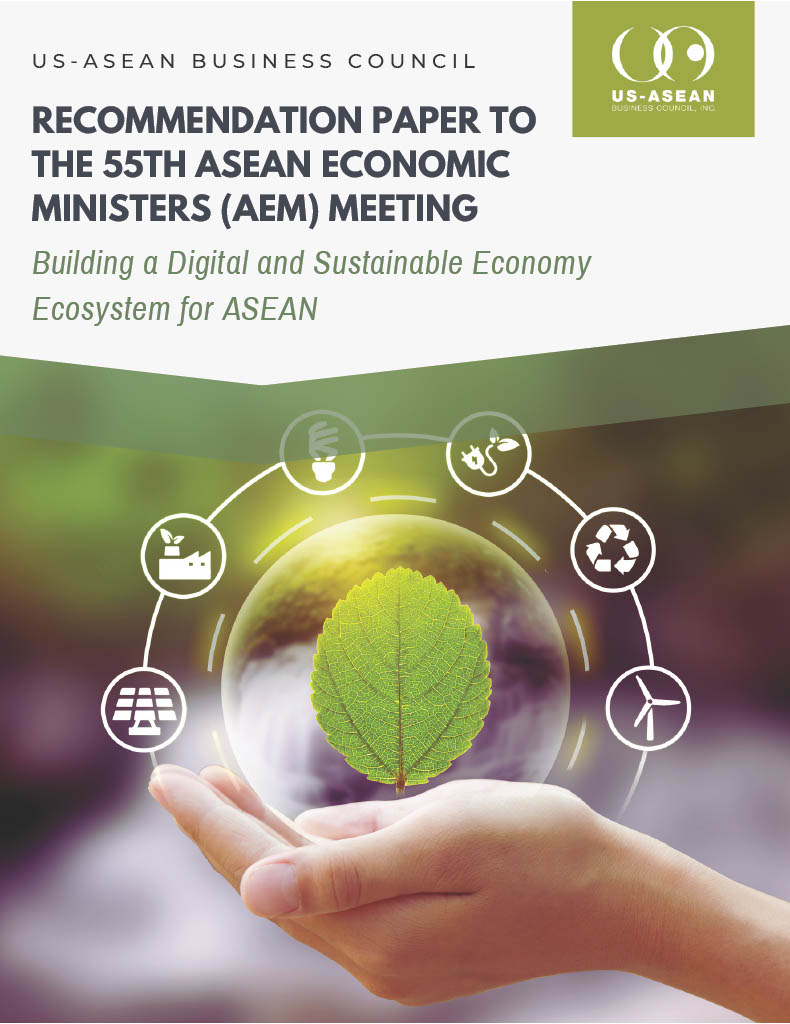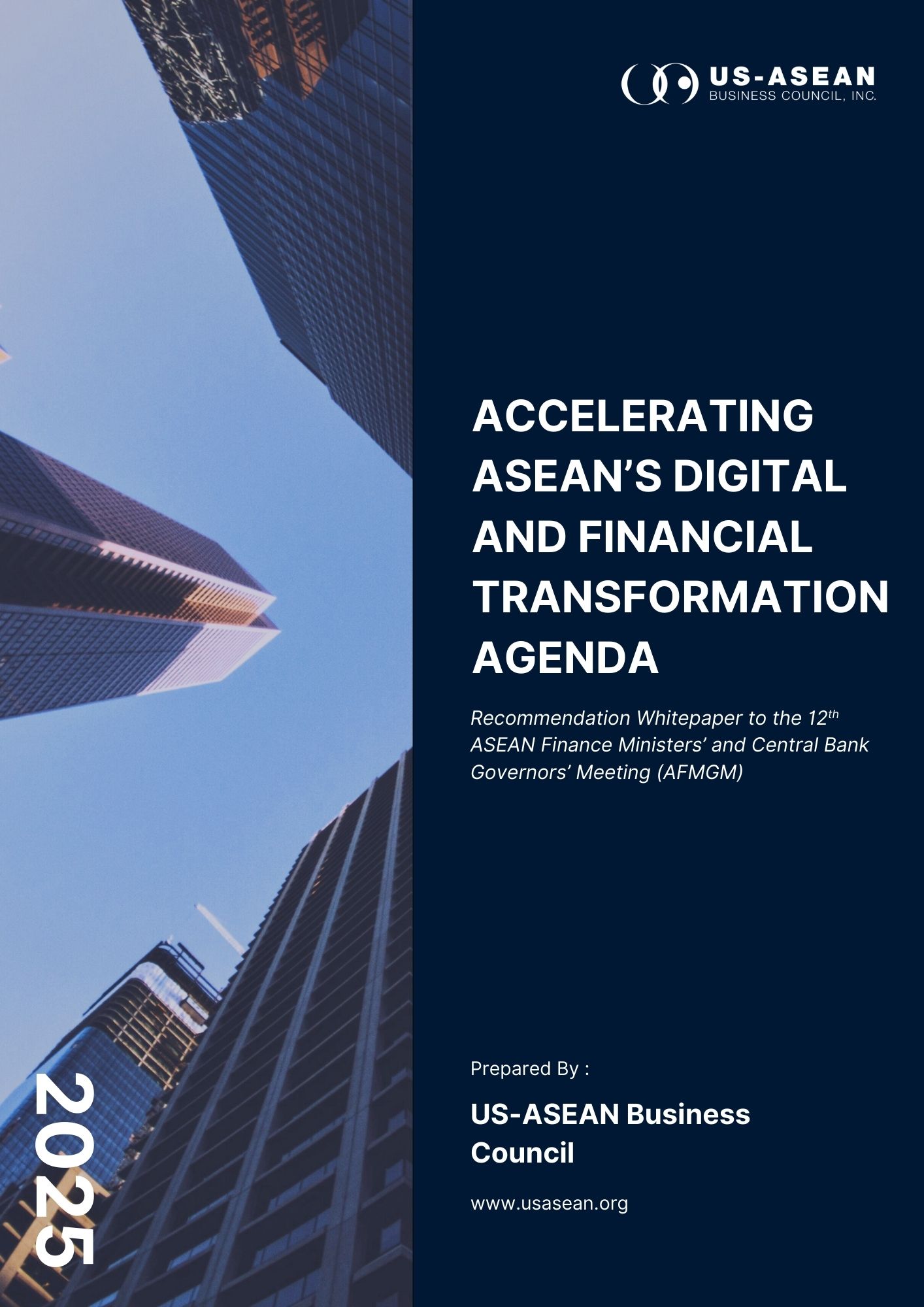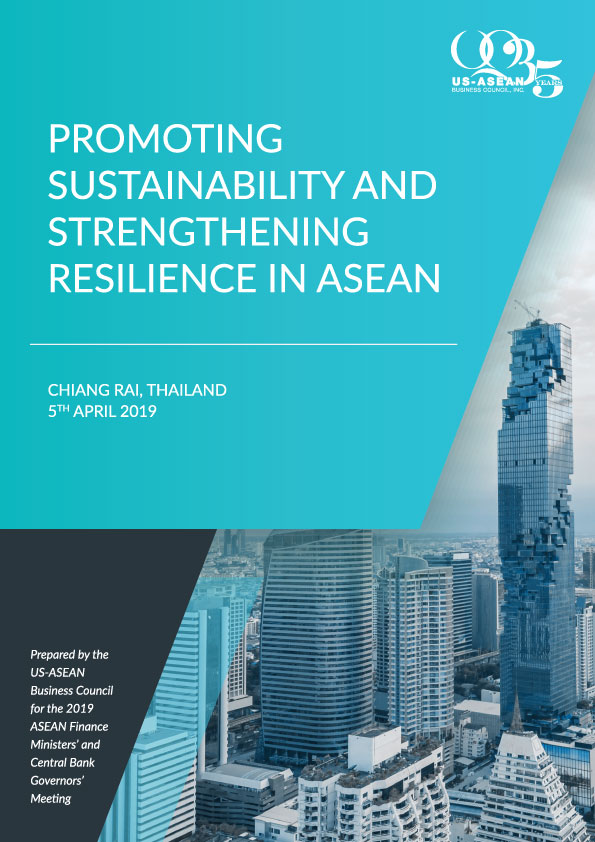Four Pillars of Development: Foundations for Vietnam’s Reform and Takeoff

Vietnam is embarking on a transformative journey with the launch of a bold reform agenda anchored in four strategic resolutions recently issued by the Party’s Politburo, referred to as the “Four Pillars” by General Secretary Tô Lâm during his keynote speech at the National conference on May 18. Nearly 40 years after its major economic reforms, Vietnam is now pursuing an ambitious path to become a developed, high-income nation by 2045.
Pillar 1: Resolution 68 – Role of Private Sector
Adopted on May 4, 2025, Resolution 68/NQ/TW marks a major shift in Vietnam’s approach to private sector development—elevating it from recognition to active protection and promotion. General Secretary Lâm called it a “strategic, urgent, and long-term choice,” positioning the private economy as the main engine of growth. The private sector, once merely acknowledged, is now actively incentivized to flourish, unlocking labor resources for development.
The resolution sets bold targets: by 2030, Vietnam aims to have two million businesses, including at least 20 leading global value chain participants, contributing 55–58% of GDP and employing about 85% of the workforce. Key measures include cutting administrative procedures by 30%, ending overlapping inspections, shifting to remote audits using digital data, and avoiding the criminalization of civil and commercial disputes. Companies may allocate up to 20% of taxable income for innovation, with 200% of R&D spending made tax-deductible. The resolution also calls for large firms to anchor domestic supply chains and for major FDI projects to use local suppliers.
Pillar 2: Resolution 57 – Science and Technology
Issued on December 22, 2024, Resolution 57-NQ/TW identifies science, technology, innovation, and digital transformation as key drivers of national modernization. General Secretary Tô Lâm regarded this the "golden key" to Vietnam’s future. By 2030, Vietnam aims to be among the top three in Southeast Asia and top 50 globally in digital competitiveness and e-government, with over 80% of public services online and the digital economy accounting for at least 30% of GDP. The country also targets at least five globally competitive tech firms in AI, blockchain, semiconductors, and quantum technologies. Priority actions include legal reform for innovation pilots, national data infrastructure, global talent recruitment, public-private digital education, and full government digitization.
Pillar 3: Resolution 66 - Legal reform
Adopted on April 30, 2025, Resolution 66-NQ/TW positions legal reform as the “breakthrough of breakthroughs” for building a modern institutional foundation for national development. The government aims to complete comprehensive legal reform across all tiers by 2027, with a transparent, unified legal system in place by 2030. Targets include establishing a business and investment-friendly legal environment to place Vietnam among the top three ASEAN investment destinations by 2028 and aligning the legal system with global standards by 2045.
Key measures include shifting legal philosophy from control to service, expanding Vietnam’s presence in international legal bodies, training legal experts, investing in digital legal infrastructure, dedicating at least 0.5% of the state budget to lawmaking, and establishing a legal development fund with public and private contributions. Technology, big data, and AI will play a central role in modernizing legislative and enforcement processes. Lawmakers and regulators are set to introduce numerous new laws soon to advance the Resolution’s goals.
Pillar 4: Resolution 59 – International integration
Building upon the remarkable achievements of bamboo diplomacy, Resolution 59-NQ/TW, dated January 24, 2025, on international integration in the new context proposed a comprehensive approach in international integration. This reflects proactiveness and determination in positioning Vietnam internationally with self-reliance and adaptability to volatility. The Resolution outlines broad strategies: deepening economic integration while building an independent, modern economy focused on digital, green, and circular growth; strengthening political, defense, and security partnerships to safeguard sovereignty; and leveraging integration to enhance education, health, environment, and global value chain participation.








